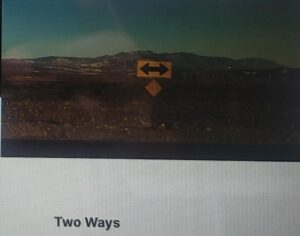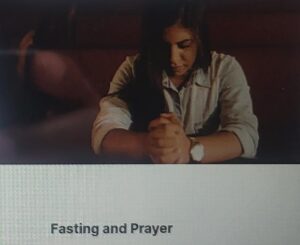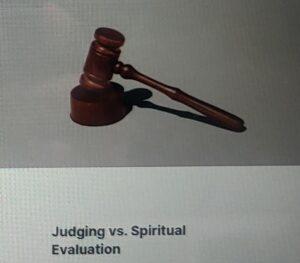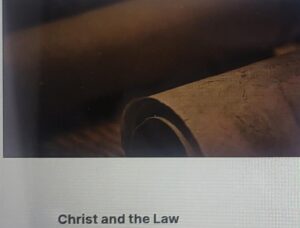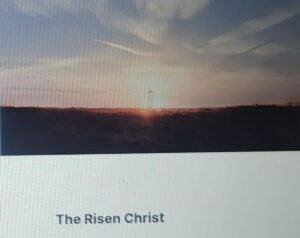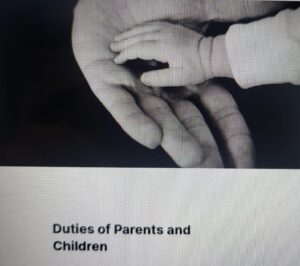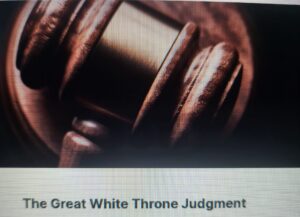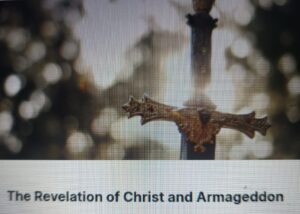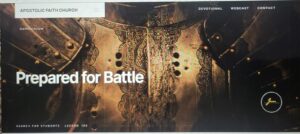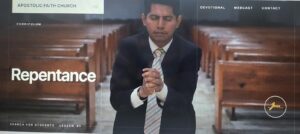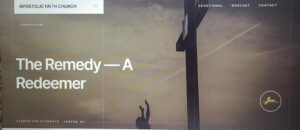
The Theme Thoughts for this quarter brought out that even though we may feel we are just one among the millions on earth, in God’s eyes we are important. He who notes the sparrow’s fall has a perfect and precisely-detailed plan for the life of each one of us. As we look through some important points from our lessons this quarter, let’s focus on how we can find that plan and then best follow it.
QUESTIONS
- To the Christian, prayer is a required form of communication with God the Father through Jesus Christ His Son, with the aid of the Holy Spirit. Having this knowledge, how should we approach God, and what can we expect to happen as we make our requests known?
- God’s call to us regarding some specific service we are to do for Him may not come by dramatic revelation. We may even question whether it is really God calling us, or just our own ideas and inclinations pointing us in a certain direction. How can we be sure that what we perceive to be God’s call is really from Him? See John 7:17 and 1 Corinthians 14:32.
- In the Word of God we find that God has three initial experiences for the Christian. They are a foundation to prepare him for his walk of faith here on earth. Briefly explain each of these experiences and describe what they do in the life.
- What are some of the benefits that will come to the individual who has consecrated himself to become a part of the Body of Christ? What are the benefits that will come to the Body of Christ as a whole when all the members are working together in unity of purpose?
- Why is it necessary to witness to others of Christ’s redeeming grace and win souls for the Kingdom? What are the benefits of taking this initiative? See Daniel 12:3, Matthew 16:27, and Mark 16:15.
- Once we have committed our lives to the Lord, we can be sure the enemy of our souls will redouble his efforts to discourage, divert, or dissuade us. Our responsibility, as stewards of our souls, is to take advantage of the spiritual armor and weapons God has provided for us to defeat Satan. List some ways we can reinforce our resolve to resist the onslaughts the devil throws our way, and to keep on keeping on.
- Many instances of true friendship are given to us in the Bible, but the greatest friendship that ever could be experienced is that of friendship with our Lord Jesus Christ. He is a Friend to all, but what actions must we take to ensure an intimate friendship with Him? See John 15:14.
- God’s plan for us may, and often does, call on us to take a stand in a conspicuous way on some issue. At such times, the enemy is always there to give us a reason or reasons why going against the flow of peer pressure is perhaps not the wisest course of action. What is the responsibility of a Christian when it comes to being “different” in order to make a difference, and why?
- The parable of the ten virgins teaches us the vital importance of spiritual vigilance. Even though the hour was late, the wise virgins were alert and prepared for the bridegroom’s coming. What are some measures we can take to make sure we stay ready for Christ’s return?
THEME THOUGHTS
In this day of micro-technology, we should have no difficulty in grasping the concept that small things can be significant. We may feel that we are just one among millions on this earth, but in God’s eyes we are important; and that is the point we wish to convey throughout this quarter. God has a plan for each of us! As we begin our Christian walk, and then continue to grow in His grace, we will want to find out what that plan is, and do our best to follow it. To discover God’s plan for us, we need to communicate with Him. With that thought is mind, this quarter opens with two lessons focusing on prayer. The lessons following those deal with recognizing the call of God and fitting ourselves to be usable in His service. We look at the importance of witnessing to others, and the vital necessity of holding on through hard places. The quarter moves on to a series of lessons on choosing and keeping friends who will not hinder our spiritual growth. The concluding thrust is the importance of staying on the alert, ready at any moment for the Lord’s coming.









































































































